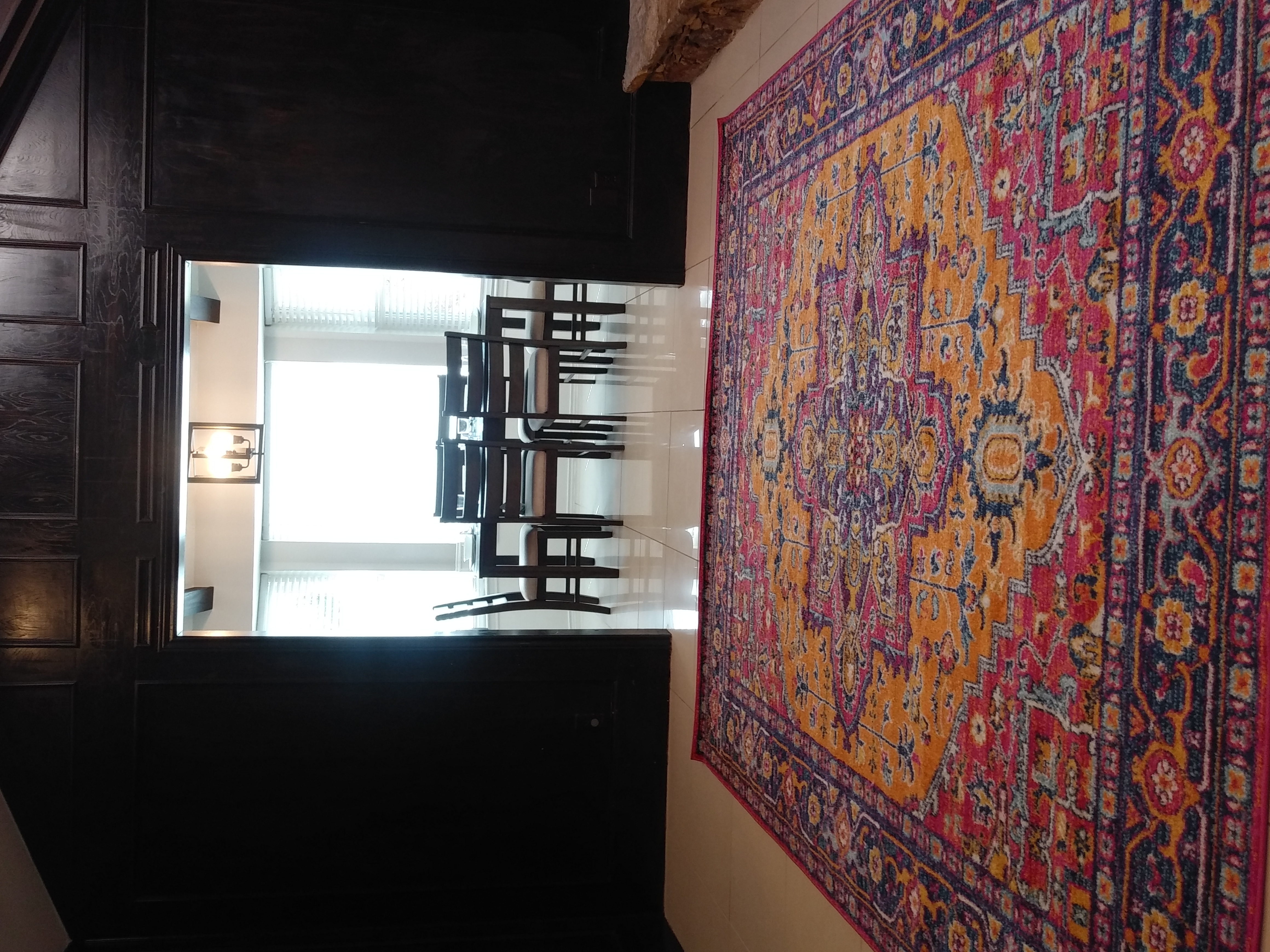Muslim Nonprofit Shelter Serves Needs of Neglected Elderly Women in Texas
Dallas-Fort Worth based, Texas Muslim Women’s Foundation offers permanent housing solution for elderly Muslim women in need of trauma-informed counseling, peer community and financial support.

K’s problems began when her son got married. Soon after marrying, her daughter-in-law convinced K’s son that they couldn’t care for her any longer. She was kicked out of her own home.
Suddenly, 70-something K, whose identity is being protected, was on the street — without identification, her things, her family, or money of her own and says she was scared and alone. “I was really in a bad place. I was in crisis.”
This is just one of the traumatic elder abuse situations that the nonprofit Texas Muslim Women’s Foundation (TWMF) recounts and which spurred it to launch the first shelter for elderly Muslim women in the Dallas-Fort Worth metroplex. The Senior Sanctuary provides free permanent housing for those who lack family and financial support.
 “If people have the financial power to take care of the elderly, they will provide them with support,” said TWMF Executive Director, Mona Kafeel. “But if they don't, and there are health issues, one after the other, then abandonment happens.”
“If people have the financial power to take care of the elderly, they will provide them with support,” said TWMF Executive Director, Mona Kafeel. “But if they don't, and there are health issues, one after the other, then abandonment happens.”
Women like K, who also received trauma-informed counseling and is now in the Senior Sanctuary, need a permanent housing solution and Kafeel says her team knew they had to think of a way to integrate services, to help those escaping loneliness, poverty and abuse.
“How about we put our efforts together and create one larger opportunity for all these women,” Kafeel says. “This is a long-term solution issue, so we have to address it correctly with wisdom and with compassion.”
Many other elderly people just need a community to connect with as their families become busy with work, children and their social lives. Some DFW mosques now host senior clubs or committees as a means to provide friendships for retired elderly folk.
“They live in multigenerational homes so the loneliness, the depression sets in once they stop working,” said Kafeel. “We have been receiving information that these people are on their own, they need help.”
TMWF, which was founded in 2005, and primarily focuses on assisting domestic abuse survivors, has been working to empower and support such women and their families. It has a staff of over thirty and receives federal funding in the region of $3 million which funds its programs designed to promote peace in the home and the community through a comprehensive strategy of prevention and intervention.
Kafeel says she could not have imagined the number of calls she now receives on a daily basis asking for the elderly shelter services. The organization planned on expanding the program within two years of its establishment but is now trying to fast-track its services.

The current home’s capacity is eight women since the program is new it is funded through private donations rather than federal or state grants.
Texas has an estimated homeless population of 26,000, and is among the top four when compared to California, New York and Florida. The cost of housing has steadily increased through the past decade, therefore 49% of Texans spend almost half of their income on housing payments. Nationally, the elder homeless population is growing due to a lack of affordable housing and accessible healthcare.
Texas also has the fifth largest Muslim population in the U.S. and one of the fastest-growing. Houston and Dallas are home to the two largest Muslim populations in the state at 57,000 and 30,000. While traditionally Muslim families do care for their elderly, which is a strong religious tenet, increasingly this is not the case.
“It's okay to disagree on everything or how your parents have raised you, but putting them out on the street is against our faith, it's against our morals and ethics,” said Kafeel.

The Senior Sanctuary’s supportive housing is looking to maintain and even expand its services and Kafeel and her team are always looking for more funding in order to continue providing care and shelter for this vulnerable demographic.
TMWF recognizes that caring for an elderly family member, often with chronic health conditions, can cause strain and tension in some households. Kafeel just wants to ensure that women in this situation are not left to fend for themselves.

The woman, nicknamed K, has been looked after by the nonprofit for a few years and tells TMWF carers she hopes to one day have a place of her own, get a cell phone and learn how to use a computer. She is also full of gratitude for their tireless support.
“I know I’m just a client, but I feel like family.”
